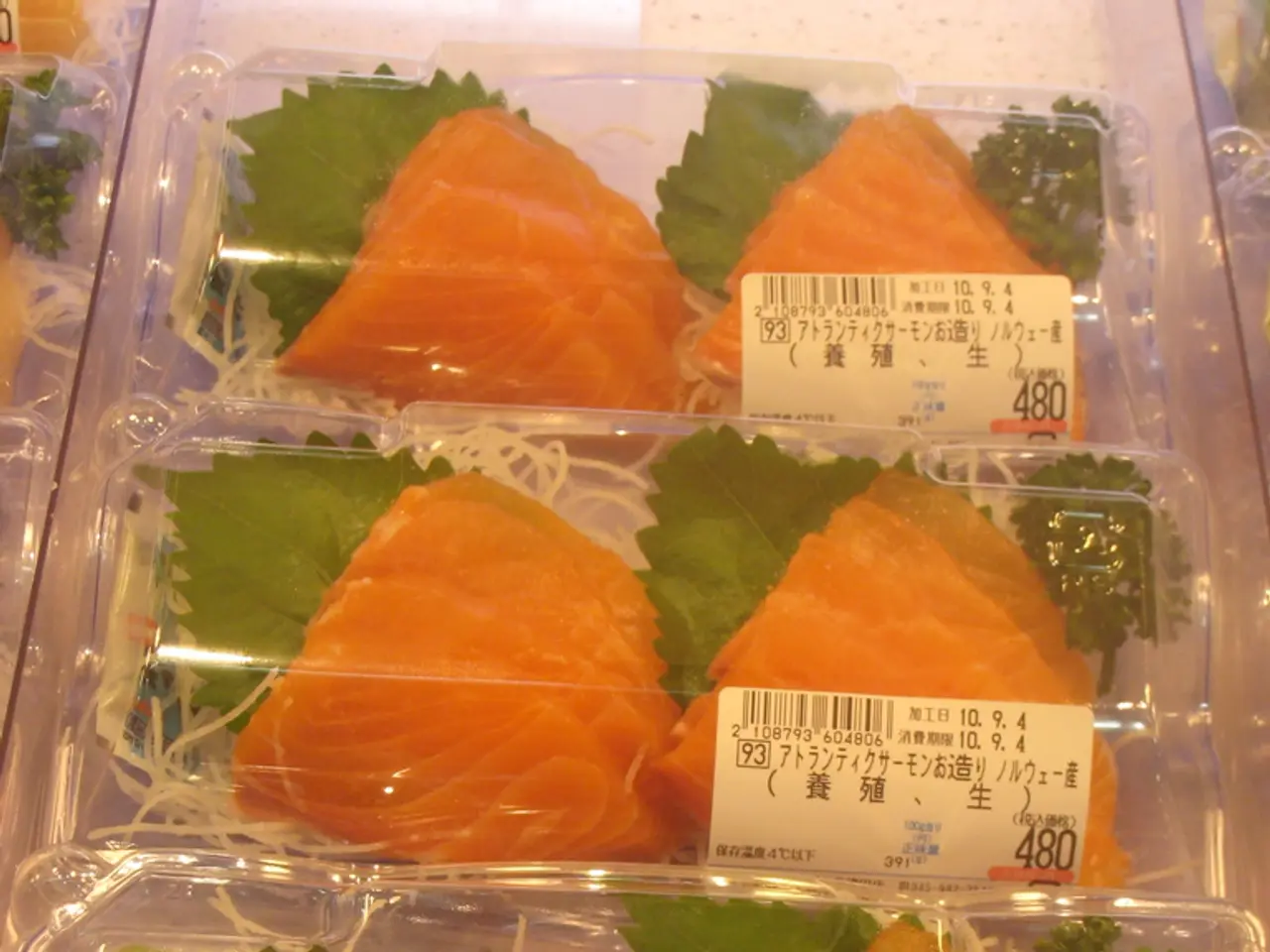State in Australia restricts the use of plastic bottles for soy sauce sales
South Australia Tightens Plastic Ban to Combat Environmental Pollution
South Australia has expanded its plastic ban, aiming to curb the growing issue of plastic waste in the environment. The latest measures include a prohibition on plastic cutlery, straws, takeout packaging, single-use coffee cups, and fish-shaped soy sauce bottles.
The ban on fish-shaped soy sauce bottles is particularly significant, as these items are known to pose a threat to marine life. Often mistaken for food, they can cause harm when they reach the ocean. Restaurants in South Australia are now required to use larger bottles, refillable condiment containers, sachets, squeezable packs, or compostable vessels instead.
South Australia was the first state in Australia to ban single-use plastic shopping bags in 2009. Since then, it has been adding new items to its list of banned plastics, making its measures the country's most comprehensive. Other items banned include plastic balloon sticks, confetti, Q-Tips, and stickers often applied to fresh produce.
The ban on fish-shaped soy sauce bottles and other plastic items is part of South Australia's ongoing efforts to eliminate plastic. The Australian Competition and Consumer Commission (ACCC) monitors compliance with regulations, with penalties for violations potentially reaching up to AUD 1.1 million.
The state is not alone in its fight against plastic waste. In 2023, the New Zealand government implemented a nationwide prohibition on thin plastic bags used for produce in grocery stores. However, talks to create a binding global plastic pollution treaty collapsed in August, with no consensus reached. Oil-producing countries opposed any moves to include limiting the production of plastics in the treaty.
Environmental groups have welcomed South Australia's latest measures. Plastic, made from fossil fuels such as oil, drives environmental degradation, poisons marine life, and contributes to human ill-health, according to the United Nations Environment Programme. Every day, the equivalent of 2000 garbage trucks full of plastic are dumped into the world's oceans, rivers, and lakes. Very little plastic is recycled, with about 85% of single-use plastic bottles, containers, and packaging ending up in landfills or being mismanaged.
The ban covers fish-shaped or rectangular containers that have lids, caps, or stoppers and hold less than 30ml of soy sauce. It also includes cutlery or straws attached to food items such as plastic-wrapped straws often connected to juice boxes.
Authorities in Lagos, Nigeria, established a prohibition on single-use items in July, with mixed results so far. The fight against plastic waste is a global one, and South Australia's efforts are a step in the right direction.
Note: This article is for informational purposes only and does not represent an official statement from any government or organization.
Read also:
- Understanding Hemorrhagic Gastroenteritis: Key Facts
- Stopping Osteoporosis Treatment: Timeline Considerations
- Tobacco industry's suggested changes on a legislative modification are disregarded by health journalists
- Expanded Community Health Involvement by CK Birla Hospitals, Jaipur, Maintained Through Consistent Outreach Programs Across Rajasthan








